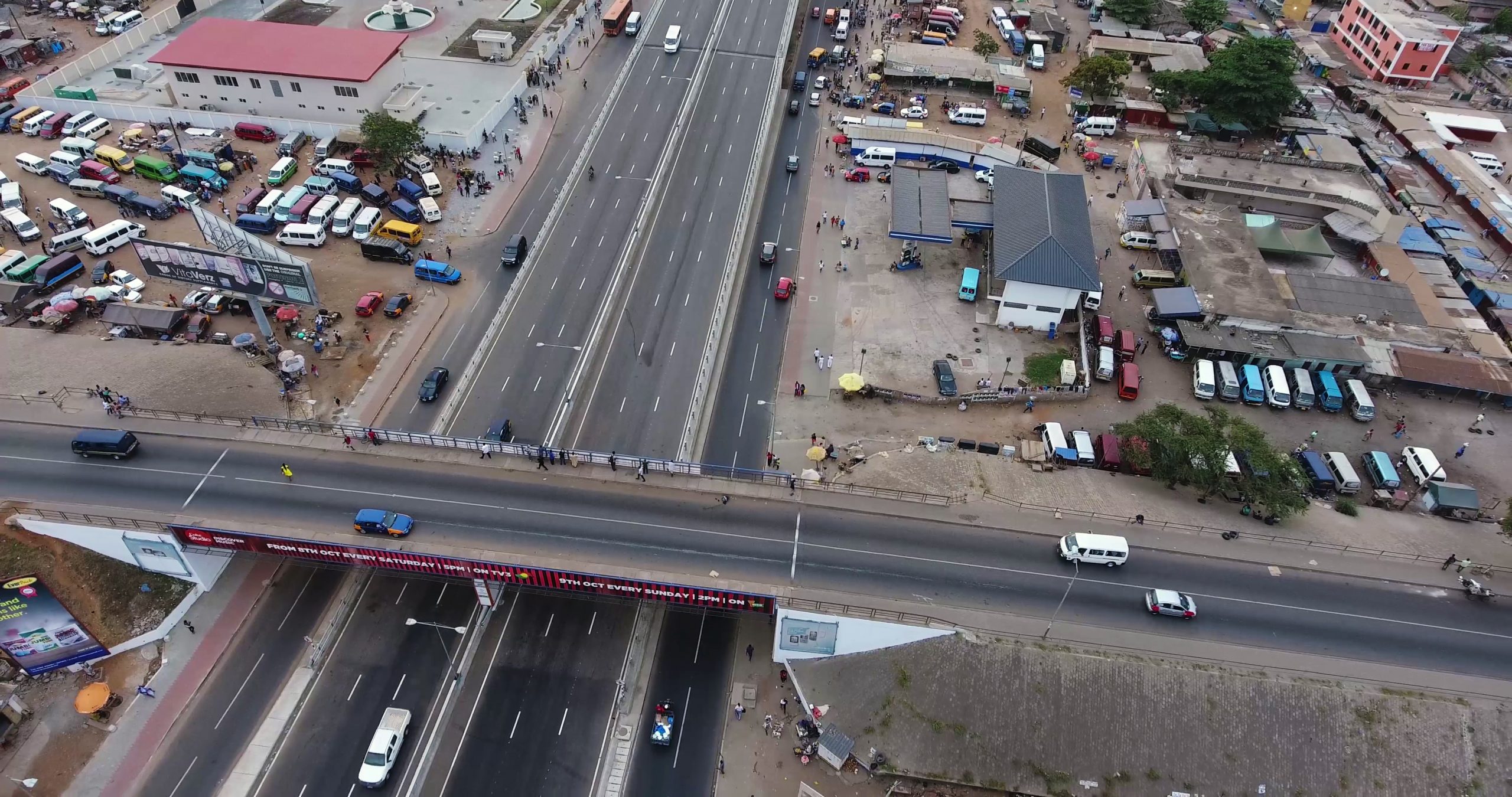Lamu Port – South Sudan-Ethiopia-Transport Corridor project (LAPSSET), a $29.24 billion transport and infrastructure project set to connect Kenya, South Sudan and Ethiopia will boost intra-Africa trade through AFCFTA.
Many experts view this Corridor Project as a gateway to not only strengthening Kenya’s position as a gateway and a transport and logistics hub to the East African sub-region but also as a trade facilitator to promote regional economic integration and interconnectivity between African countries.
“LAPSSET creates a great opportunity for Africa to move forward in its regional integration quest but until this and other projects have seen the light of day, the AFCFTA will not succeed as it should,” says Dennis Matanda, CEO Morgenthau Stirling
The key infrastructure components include Ports, Pipelines, Roads and Railway LAPSSET Corridor program exemplifies remarkable regional potential, and when completed the Project shall avail positive benefits to the regional member states and the continent, as a whole.
While this project connects a population of 160 million people in the three countries, it is part of the larger land bridge that will connect the East African coast from Lamu Port to the West coast of Africa at Douala Port which could support regional integration through AfCFTA.
The African Union’s plans to develop a network of Trans-African Highways to connect the main cities and centres of production and consumption in the continent, will create opportunities for Africa to overcome the current fragmentation of cross-border road transport regulation. While this is expected to open up a debate on the possibility to develop a regulatory framework at continental level, the introduction of a pan-African transit guarantee system will be required for days ahead.
“The main challenge facing this infrastructure projects is the need for significant investments. If Africa wants to resolve AfCFTA problems, it needs to have over $100 billion invested into infrastructure every single year,” says Matanda
“What’s also very interesting about African infrastructure is that it pays. In fact, investing in African infrastructure is more secure than investing in America. Because what you have in Africa is sovereign guarantees. Even if you cannot get a sovereign guarantee from a country like South Sudan because its rating is lower. Financial institutions like the African bank, the AfDB will come in as an investment grade institution,” reiterates Matanda.

